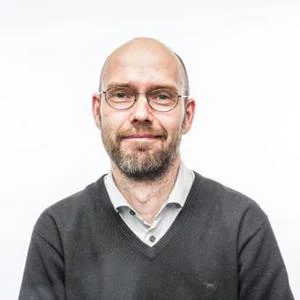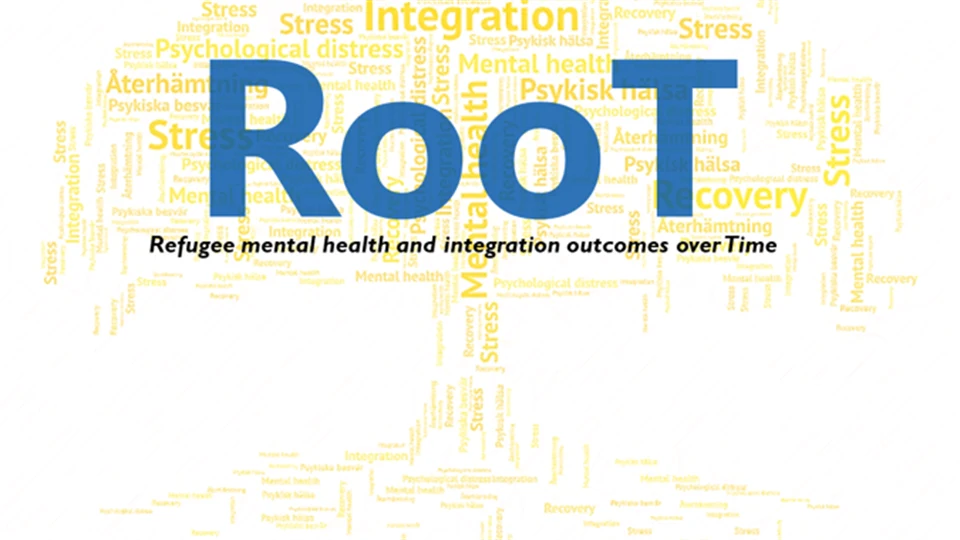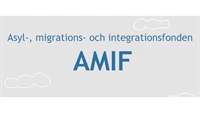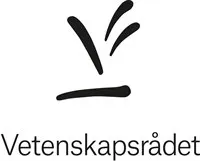RooT ‑ Refugee mental health and integration outcome over Time
An increasing amount of people are displaced globally. Many cannot return home, and integration in the new country is a goal for both individual and society. This project explores how mental health can help or hinder integration, with a special focus on ways to support the integration process.
In recent decades, the number of refugees in the world has increased dramatically. Having had to flee one's home country is often associated with dramatic events and trauma, experiences of uncertainty and fear, and both physical and psychological strain.
When a person with a refugee background reaches the receiving country, they are often faced with more challenges, such as learning a new language, a new culture and a new social system. Integration is an energy-intensive process for both the receiving country and the individual, and there is much we do not yet know about how best to achieve integration.
Another gap in our knowledge is that in research and debate, people with a refugee background are rarely allowed to express their views on integration, what needs exist and what would be most helpful. Overall, factors that influence the path to integration are relatively unexplored.
ROOT stands for Refugee mental health and integration outcome over time. The purpose of the ROOT project is to investigate how people with a refugee background view integration, how they experience their integration journey and their perspectives on important factors. This will be partly answered through interviews with people with a refugee background.
The project also wants to investigate on a larger scale and over time which factors affect people's ability to integrate, with a focus on mental health. By sending out surveys to a large group of people with a refugee background, every year, for 4 years, we will investigate whether there is a connection and direction between how people feel, or what they have experienced, in relation to integration. Data collection for the project is expected to begin in the fall of 2025.
In the project, we at Mid Sweden University collaborate with both Swedish and international universities, local and national actors who are in contact with our target group, and with people with their own knowledge and experience of integration.
Facts
Project period
250601—271231
Partners
Subjects
Research groups
Project leader

Project members
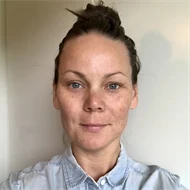


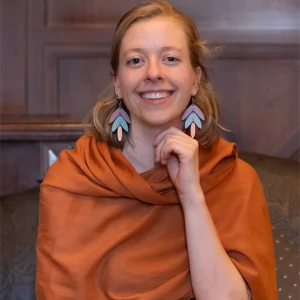
Catharina van der Boor
Biträdande lektor|Assistant Professor
Catharina.Van-der-Boor@lshtm.ac.uk
London School of Hygiene & Tropical Medicine
